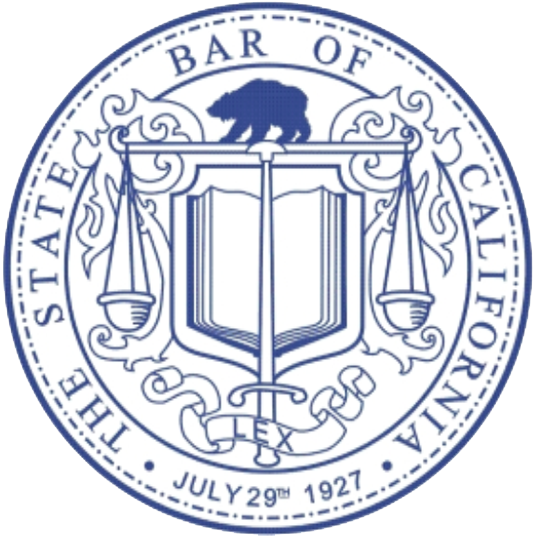
Boxer & Gerson Associate Attorney Justin Litvack shared the dais with a workers’ compensation judge last weekend at the California State Bar Sections Convention, helping to unpack a state law that has left many workers uncompensated for secondary effects of a work-related injury.

The program, entitled “Truth & Compensable Consequences: An Update on Labor Code 4660.1,” addressed a law passed by the California Legislature in 2013 that made it more difficult for workers to be compensated for sexual dysfunction, sleep disorders or psychological injuries that arose secondarily to another main injury suffered on the job.
An example might be a severe back injury that leads to a person’s clinical depression or inability to engage in sexual relations. Since the 2013 law went into effect, workers seeking compensation for these secondary injuries have faced far more significant roadblocks to an award than was previously the case.

Justin Litvack
Litvack joined San Diego Workers’ Compensation Appeals Board Judge Linda Atcherley on the two-person panel as they addressed the nuances of the law. The “update” in the program’s title referred to the fact that more than four years after the law went into effect, it now has significant case law history that has revealed various avenues by which attorneys can still win judgements for secondary injuries.
“The law provides for exceptions,” Litvack says. “It’s a matter of being up to speed on what those are, and determining whether they might apply to your client’s case.”
Litvack has long been active in State Bar activities, joining in 2005 and assuming a role on its Workers’ Compensation Executive Committee last December. The committee meets approximately six times per year and engages in a wide range of educational and outreach activities. It includes among its members Litvack’s Boxer & Gerson colleague Maria Grasso.

